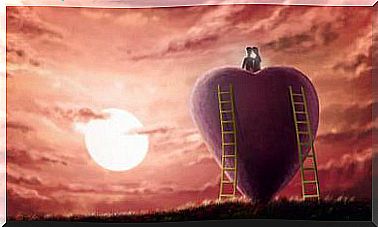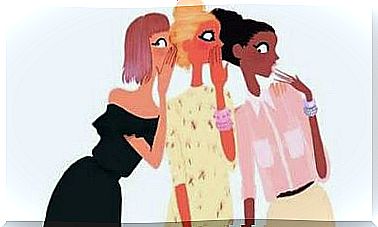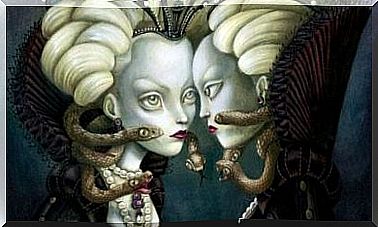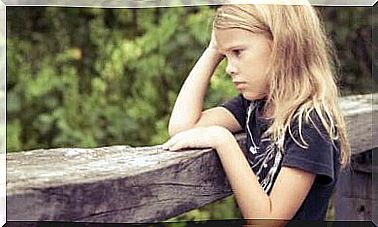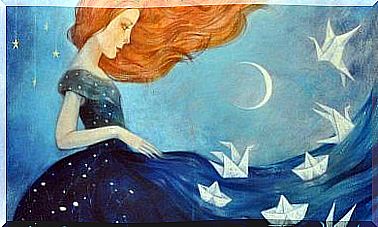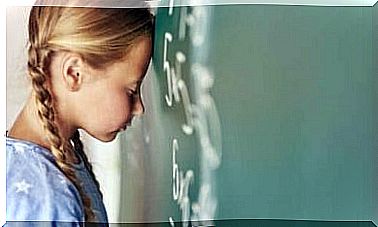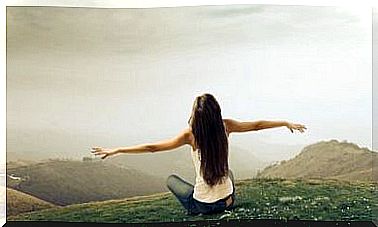What Does The Don Quixote Effect Really Mean?
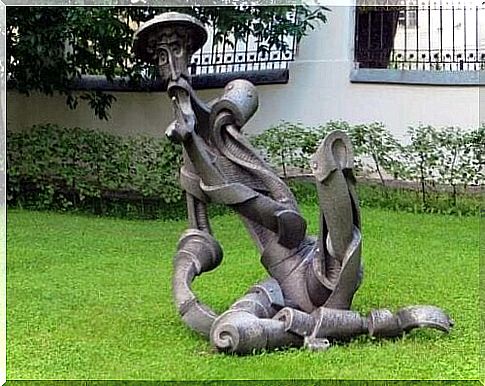
Don Quixote, a character created in the 17th century by Miguel de Cervantes, was a tragic knight. His struggle was against reality itself, rude and hostile as it was, which he tried to defeat. He wanted to replace it with an ideal that he knew could not be achieved. There are a number of different metaphors evoked by this character. This has led to a phenomenon named after his adventures: the Don Quixote effect.
The Don Quixote effect appears in different aspects. The most famous analogy of the character is one of a man who fights windmills in the belief that they are giants. We can find it in wars between countries. And we can also find it in our everyday lives. When we believe that things are in one way, but in reality they are in another, we fall into this effect. It ends with us recklessly storming straight into the windmill.
The Don Quixote effect in war
One of the meanings given to the Don Quixote effect is international relations. More specifically, this is related to wars between countries. In history we can find various examples, for example in the war between the United States and Vietnam. In this type of warfare, the countries immerse themselves in a war that they are not prepared to win. Although the aggressor does not have the will or ability to take control of the territory, they throw themselves into the battle.
Unfortunately, the number of deaths caused by these wars is rarely justified. Purposes rarely sanctify the means. These wars often begin with the excuse of saving another country. The attacking party can, for example, claim that it is spreading democracy or overthrowing a dictator. No matter how true the alleged purpose is, these are impossible ideals that to some extent also characterize Don Quixote.
Let us not forget the Iraq war. It was implemented by the United States with the alleged goal of implanting democracy in the Middle East. Instead, this has led to the Christian population, severely discriminated against and persecuted by Muslim majority populations, being forced to flee and now being almost completely removed from the places where they lived for two thousand years. Thus, it is hardly the decision-makers who suffer from the Don Quixote effect in these cases; they violate in principle all of his laws. Instead, there are many young soldiers who still live up to his image.
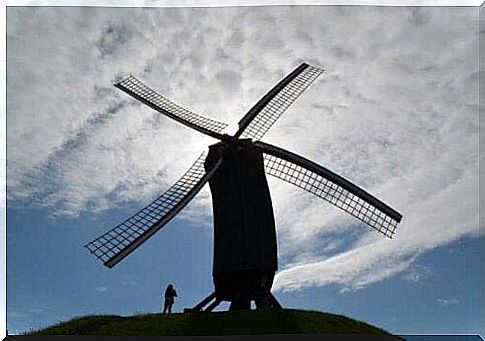
Don Quixote and hysteresis
From the point of view of sociology, the Don Quixote effect in war corresponds to “hysteresis”. Hysteresis occurs when the cause and effect are distanced. That is, the reason that should create the change is shown, but the change takes longer than expected. It may not happen at all. Applied through sociology, history teaches us how events occur. They give us experience. Yet, no matter how much we have to wait, the past does not always repeat itself. When we move, for example, we expect to be able to adapt to a new reality after a short while. Sometimes, however, this does not happen.
Being influenced by literature and history at the expense of other sciences can lead to misconceptions about what can happen. Your brain uses cognitive prejudices and mental shortcuts (heuristics). These can make you trust your hopes more than your rationality. The Don Quixote effect can be seen when you imagine things in fog. This fog gets stronger by giving room to old ghosts. Somehow they are just those giants of history. They never really take shape and they end up dissolving completely.
The Don Quixote effect in habitus
In Pierre Bourdieu we find the Don Quixote effect in his theory of habitus. Habitus is a system through which we act, think and feel in a certain way. Habitus is determined by our social class. This in turn consists of, among other things, interactions between cultural knowledge, education and economic capital.
The habitus system leads to people starting to live in similar environments with very similar lifestyles. For example, people from the same neighborhood tend to have similar tastes when it comes to books, movies, sports, art, and so on. For the same reason, the behaviors and ideals of these people are similar. But we can change our habits when we act in a different way than through our typical behavior.
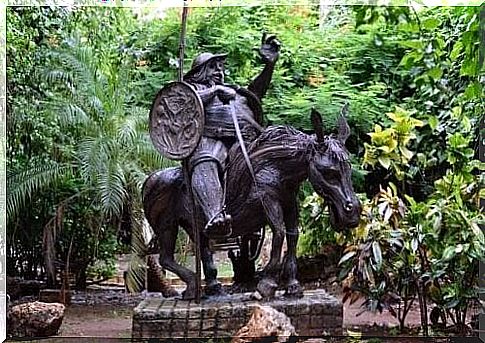
This is where habitus sets boundaries for us – it tells us what is possible and what is impossible. Despite this, as we mentioned earlier, we can overcome these limitations. Because what habitus tells us is impossible, in fact it is not, so strong changes in our environment can force a change in habitus. If habitus is positively changed when faced with these changes, it has undergone a good adaptation.
Habitushysteres
On the other hand, when this does not happen, “habitus hysteresis” occurs. Other terms such as “reality bubble” or “opinion corridor” also fit. This is the main Don Quixote effect. When this happens, your thoughts, feelings and actions are inappropriate in the current situation. This is because habitus is in the past. Habitus does not even change when changes occur in the environment. Fortunately, you may have good friends like Sancho Panza who, even if they are very different from you, can help you. Such friends can accompany you on your adventures and give you a different perspective. It may be that one of you is closer to reality.

